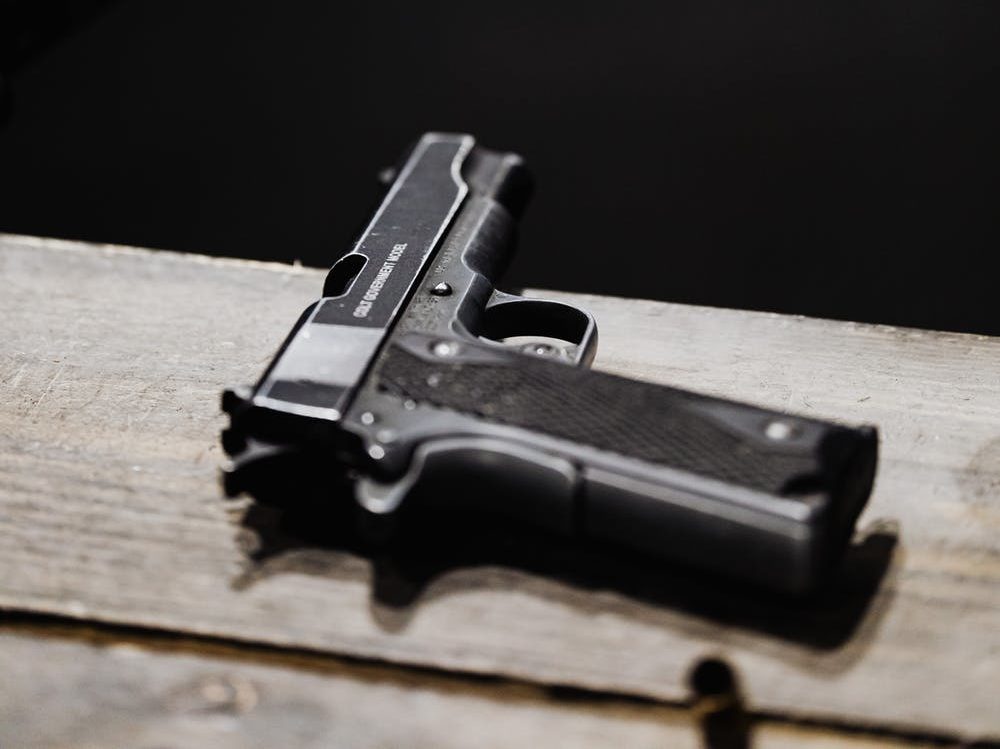
How the National Rifle Association turned from lobbyists protecting gun owners to firearm manufacturers’ biggest tool in influencing Congress and undermining democracy
The issues surrounding gun control in the United States is nothing if not hotly contested, and the line between infringing upon the rights of gun owners and protecting citizens is not always an easy one to toe. Regardless of where one falls on the issue though, the facts are becoming increasingly hard to ignore.
Since 2011, the United States could expect an incident in which at least four people died at the hands of a gunman every 64 days, this is even excluding gang violence and domestic disturbances. This pace is unprecedented in our nation’s history. Now the manner by which the government should go about solving this issue is controversial but most agree something has to be done. But don’t take my word for it, recent NPR and Quinnipiac polls have shown that 89% and 94% of Americans support universal background checks before an individual should be allowed to purchase a firearm.
This of course begs the question: why doesn’t Congress just do that already? And the truth is, they’ve tried–at least sorta. The House of Representatives has passed some form of legislation requiring universal background checks for gun sales several times and each time, the bill has failed in the Senate thanks to Republicans being unwilling to advance the bill to a vote. It is frankly disheartening at best, and downright dangerous to democracy at worst.
So how can Congress not pass something that nine out of every ten Americans agree on? The answer is the NRA.
The NRA claims to be “America’s longest-standing civil rights organization,” putting them with the likes of the ACLU or NAACP. Generations ago, this would not have been terribly off base, the organization was indeed founded to represent the interests of Americans who owned firearms. Though, as most institutions will, the NRA follows the money.
It is not required by law that the NRA make their donor’s identities public and they haven’t done so since 2013. But that year, MidwayUSA, Beretta USA Corporation, Pierce Bullet Seal Target Systems LLC, and Springfield Armory Inc were among the biggest donors; all of them gun or ammunition manufacturers. In return for their generous donations, donors get their name in the “NRA’s Ring of Freedom.” But not only do donors get their name in something that sounds like it was named by a fifteen year old, the NRA also sees to it that lawmakers don’t pass legislation that could potentially hurt gun manufacturers.
That is not democracy.
Larger than the gross disrespect for the will of the American populace, such practices are a driving force of erosion of the modern democracy. It is fundamental to the values and ideals of our great nation that political power is in the hands of the people, all the people. That is the true genius of these United States; that it is not a king, not a sole executive, nor a small group of oligarchs that hold the political reins. And yet, it is exactly that, a group of wealthy corporations that do not allow the passage of things like universal background checks.
Opponents of stricter gun laws refer often to the “slippery slope” problem of more gun ownership laws–the fear that a bill that seeks to outlaw AR-15s one year could potentially lead to the abolition of the Second Amendment altogether another year. The irony of this, of course, is that the far more slippery, far more treacherous slope is allowing only those with wealth to participate in political discourse in a meaningful way. We see already that it doesn’t matter if 90% of the total population support change, that change doesn’t happen if among the remaining 10% are corporations capable of “financially incentivizing” politicians.
Most often when we think of democratic backsliding, especially amongst developed nations, we think of an executive stealing power from the people, making it harder for opponents to run against them or for voters to vote against them. While that is a common manifestation of democratic erosion, a democracy has begun to crumble as soon as the general public is unable to meaningfully influence government–regardless of if their political power was stolen by a dictator or by the wealthy.
Though it might not be making the headlines or dominating cable news, the United States is at a critical inflection point in its history. Will America go the way of Russia, until eventually the political system is held captive by an exclusive group of the ultra-wealthy? Or will she make good on the promises made by her founders in a declaration signed over 200 years ago?

0 Comments